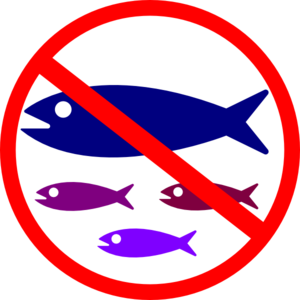Sounds as much like affairs befitting the first half of 20th-century philosophy.
Extract: "Consider the eye. We perceive our vision as absolutely clear thing, like the film from a camera. But actually, it is, before being processed by our brain, a jumble of images, more like a camera held upside down while riding on horseback, confusion incarnate. And so, given the level of processing it must take in our mind for any conceivable image to become comprehensible, we can never be sure that what each one of us sees is the same as what others do. And here our language is, again, an accomplice, as it is only on this flimsy basis that we can actually communicate what we see. If we are unable to trust our language, than we are unable to understand our own and others world. It all breaks down on the basis of language. And if fish has gone out the window, something that we all think we have a pretty firm grasp of, whose to say what else we think we know is wrong. At what point is something concrete enough in our collective thoughts to be a reality? Is such a thing even possible? Are we truly lost then, without language, navigating internal, landless seas, until we unable to swim further?"


